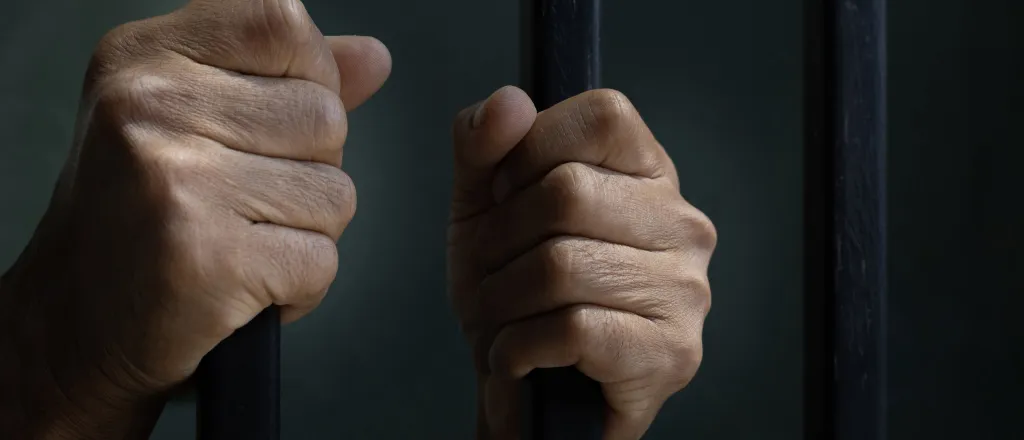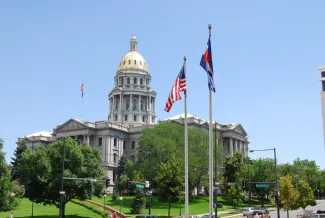
Colorado Legislature approves measure to make family visitation a right for incarcerated people
© Akarawut Lohacharoenvanich - iStock-1436012592
Both chambers of the Colorado Legislature approved a bill that would give incarcerated people the right to see their families and community, ending the current policy under which visitation can be withheld as a form of punishment.
Current Colorado Department of Corrections policy says “inmate social visiting” is a privilege that can be “approved, denied, suspended, or revoked” by the head of a facility. House Bill 25-1013 would still allow the department to “adopt rules to govern the administration of social visitation,” but it cannot restrict visitation beyond “what is necessary for routine facility operations” or safety purposes. In-person visits, phone calls and video visits would become a right that cannot be taken away as punishment for an incarcerated person’s actions.
The Colorado Senate gave final approval to an amended version of the bill Friday in a 22-12 vote along party lines, with Democrats in support of the measure. The House later voted 43-19 to accept the Senate’s amendments, sending the bill to Colorado Governor Jared Polis’ desk to be signed into law.

“Families are where we find strength, healing, and support. But for too many families, the criminal justice system creates barriers that fracture these bonds,” Senate President James Coleman, who sponsored the bill, said in a statement. “Regular visits, phone calls, and moments of connection empower families to support their loved ones’ journey toward rehabilitation. This bill helps to make our justice system a tool for repair and recovery, not a weapon of division.”
Coleman sponsored the measure alongside fellow Denver Democrat House Assistant Majority Leader Jennifer Bacon, as well as Representative Regina English and Senator Tony Exum, both Colorado Springs Democrats.
All visitors and incarcerated people must still comply with department rules related to visitation. People in CDOC custody could file a grievance with the department if they are prevented from visitation under the requirements of the bill.
Bill sponsors offered an amendment in the Senate on Thursday to make changes negotiated with CDOC, clarifying that the department can limit visitation for people confined in restrictive housing with certain high-level violations. CDOC will be able to limit visitation to comply with court orders related to victim safety and to prevent communication between co-defendants. The amendment also said the department will take “reasonable measures” to increase access to telephone calls and non-contact visits for people in restrictive housing.
Those in support of the measure have said it will help incarcerated people maintain relationships with loved ones and ensure they have a better chance of stability once they are released.
“Ensuring that people who are incarcerated have the right to connect with their loved ones makes all Coloradans safer,” Exum said in a statement. “It reduces recidivism, supports rehabilitation, and eases the transition back into our communities after incarceration.”
Democrats control strong majorities in both chambers of the Legislature.
The 2025 legislative session ends on May 7.

















